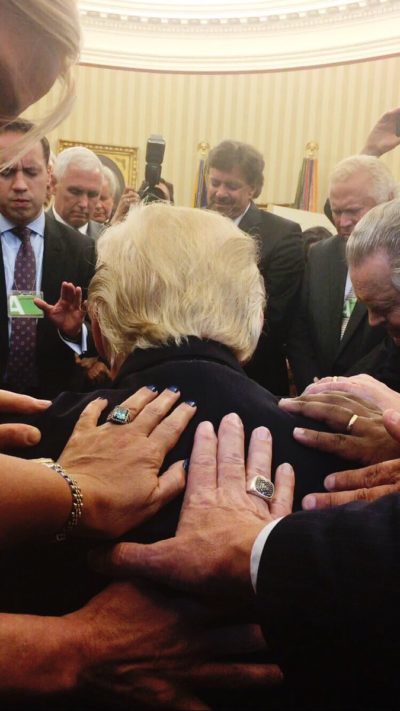In a Washington Post/ABC News poll taken from April 22-25, 59% of white evangelicals say they will “definitely” vote for President Donald Trump in the 2020 election. Another 23% say they will consider voting for him. Only 15% say they definitely will not vote for him.
Despite widespread coverage of the Mueller report, evangelical voters seem fixed on Trump. Perhaps white evangelicals don’t believe there is much to worry about. In the same poll, 57% of evangelicals said they don’t think Russian interference will be a threat to the 2020 election. Nearly 8 in 10 (78%) didn’t think the interference had an impact on the 2016 election. Compared to other groups, evangelicals led the way in skepticism about the influence of Russian meddling.
Evangelicals are with Trump on immigration as well. They are the leading group to say his immigration policies make them more likely to support him in the next election. Sixty-three percent believe Trump’s immigration policies are good compared to 16% who oppose them. Among all voters the breakdown is 34% who support Trump due to his immigration policies versus 42% who oppose him for that reason.
I don’t think it goes too far to say that white evangelicals as a group see the world about like Donald Trump. This is a frightening and sobering thought.
